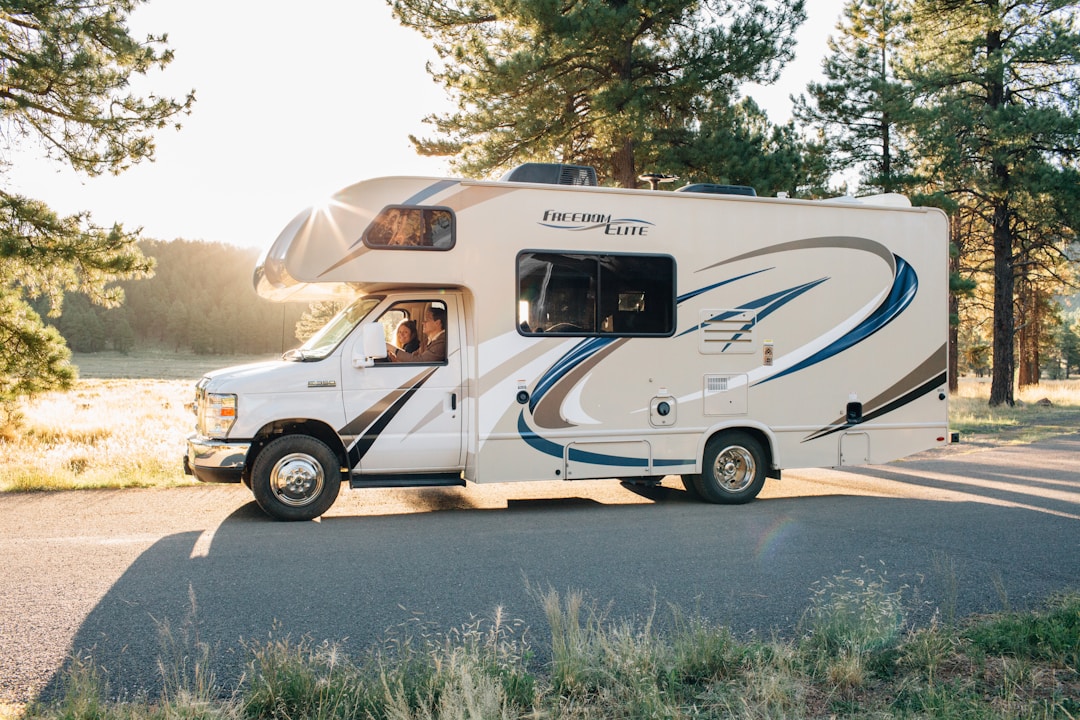An RV extended warranty can potentially save you from significant financial loss caused by unforeseen repair costs. Choosing the best extended warranty option for your lifestyle and your recreational vehicle (RV) is crucial to ensuring proper protection and budgetary security. This article will discuss essential factors to consider, common pitfalls to avoid, and money-saving tips that can help you make a confident and informed decision. Keep reading to become an expert on how to choose the best RV extended warranty.
Understanding Your Coverage Needs

Before you can begin shopping for an RV warranty, you first need to analyze your coverage needs. A good starting point is to consider the type of RV you own, its age, and its mileage. These factors will significantly impact the coverage options available to you. Younger RVs with lower mileage will generally have more comprehensive coverage options, while older RVs with high mileage may only qualify for basic coverage plans. If you expect to travel extensively in your RV, be sure to look for comprehensive coverage that protects you against issues with your engine, transmission, electrical systems, and appliances.
It is also important to consider the coverage period of your extended warranty. Many RV owners believe that a longer coverage term is always better. However, this may not also be the case. The value of an extended warranty will highly depend on how long you plan on keeping your RV. If you intend to upgrade or change your RV within a few years, it may not be worth getting a long-term extended warranty. Conversely, if you have found the perfect RV and plan on enjoying it for many years, a longer-term extended warranty could provide the peace of mind you need.
Another factor to consider when determining your coverage needs is your tolerance for risk. While it is impossible to predict the exact amount of potential repair costs you may face, you can use your experience with previous RVs or your research into RV repair trends to gauge your comfort level with certain coverage options. If you are someone who prefers to be prepared for any situation, you will likely gravitate toward a comprehensive coverage plan. If you are more comfortable handling minor repairs yourself, you might choose a basic coverage plan to save money.
Evaluating Providers and Plan Options

Once you have a clear understanding of your coverage needs, it is time to compare different warranty providers and plan options. There are many companies offering RV warranties, so it is crucial to do the necessary research to select one that is reputable, trustworthy, and financially stable. Look for providers with solid financial ratings and positive reviews from satisfied customers. Additionally, verify whether a warranty provider has authorization to sell insurance products in your state, as some providers may only offer warranties in specific areas. Additionally, you can check out business ratings from a resource like the Better Business Bureau to get a better idea of how the company operates.
When comparing warranty plans, pay close attention to factors such as covered perils, coverage limits, and deductible options. Ensure that the warranty plan you choose includes protection against the most critical systems and components in your RV, including the engine, transmission, electrical systems, and appliances. Look for a plan with straightforward coverage limits and reasonable deductible amounts that fit your budget.
Beware of providers that use deceptive marketing tactics or sell subpar warranty products. In particular, watch out for companies that push high-pressure sales tactics, offer unrealistic coverage, or charge exorbitant premiums. If a warranty offer sounds too good to be true, it most likely is.
Considering Potential Exclusions and Limitations
Every warranty provider and plan will have exclusions or limitations on certain repairs. As an RV owner, you need to be aware of these exclusions and limitations, as they can impact the value and usefulness of your warranty coverage. Common exclusions may include wear and tear, cosmetic damage to the exterior, and any repairs arising from owner neglect or misuse. Familiarize yourself with these limitations so that you can take proper care of your RV and avoid unnecessary maintenance costs.
When shopping for a warranty, always read the fine print to understand what specific exclusions the provider has. Some warranty companies may have hidden clauses that could make it difficult to get a claim approved. Additionally, be prepared to follow specific guidelines and protocols when seeking repairs, as failure to do so could result in claim denial or reduced coverage.
It is essential to balance the exclusions and limitations with the coverage provided by the warranty plan. While it is impossible to find a warranty that covers every possible repair or issue, make sure you choose a plan that covers the most critical components and systems in your RV.
Understanding Price and Payment Options

Having a clear understanding of warranty coverage pricing and the available payment options is crucial in making the right decision. The price of an RV extended warranty will depend on factors such as the type and age of your RV, the coverage level you choose, and the deductible amount. Ensure that the cost of your extended warranty aligns with your budget and consider the potential long-term savings based on the coverage being offered.
Additionally, evaluate the payment options provided by the warranty company. Many providers offer flexible payment options, including monthly or annual payment plans. Some companies may also offer financing options or discounts for customers who pay their premium in full upfront. Choose a payment plan that fits your financial situation and preferences.
Lastly, keep in mind that the price of a warranty should not be the sole factor in your decision-making process. While it is essential to save money, choosing the cheapest warranty plan may not necessarily provide the best value. Instead, focus on finding a plan that offers the most comprehensive coverage and peace of mind within your family budget.
Verifying Claims Processes and Customer Support
A significant factor in choosing an RV extended warranty is the ease and efficiency of the claims process. Verify with the warranty provider whether they have a simple and straightforward claims procedure and if they offer 24/7 customer support. The best extended warranty companies will have a customer-centric approach, meaning that their claims process is hassle-free and they can be reached when needed most.
Check with the provider whether they have a vast network of repair facilities and mobile technicians, as this can greatly impact your ability to find reliable and immediate repairs when needed. Additionally, make sure you can transfer your warranty to a new owner in case you decide to sell your RV, as this can increase its resale value.
It is also essential to find a provider with a strong reputation for fair and timely claims processing. Online reviews and testimonials from current or previous customers can provide valuable insight into a company’s claims handling track record.
Overall, selecting the best extended warranty for your RV involves carefully evaluating your coverage needs, comparing providers and plan options, and understanding the potential exclusions and limitations. It is crucial to balance cost considerations with the peace of mind that comes from comprehensive coverage for your RV. By following the tips discussed in this article, you can confidently choose the best warranty that will provide you with the protection, peace of mind, and budgetary security you need on your adventures.

